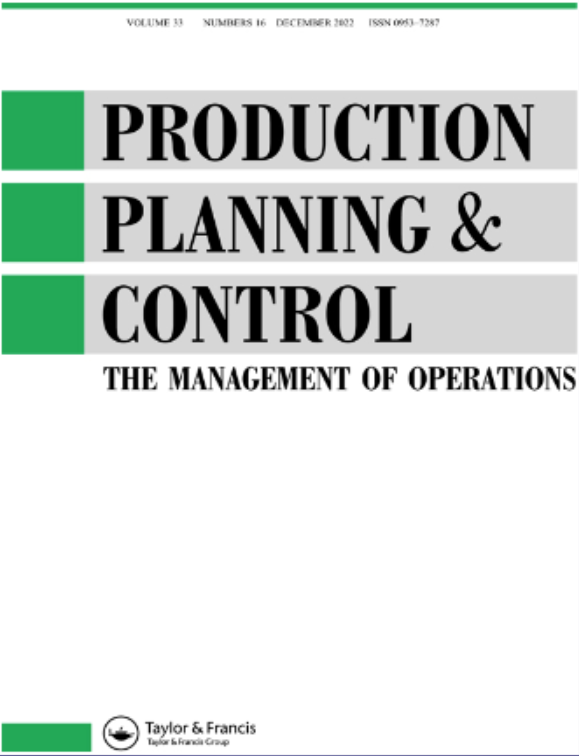组织文化在迈向可持续发展的组织变革中的作用:来自服装制造业的证据
IF 5.4
3区 管理学
Q1 ENGINEERING, INDUSTRIAL
引用次数: 14
摘要
摘要本文探讨了组织文化在组织可持续变革中的竞争作用。利用竞争价值框架,通过采访斯里兰卡一家领先的跨国服装制造组织的高级管理人员和可持续发展经理来收集数据。研究发现,组织文化在组织向可持续性转变的过程中,往往会超越合规性和监管要求,发挥积极的作用。四种相互竞争的文化价值观似乎塑造了他们的企业可持续发展方法,即(i)以人为本的变化(例如授权、培训、发展、团队导向、领导),(ii)以增长为导向的变化(例如可持续发展创新、持续改进、社区参与),(iii)以生产力和效率为导向的变化(例如使用专业建议、开放沟通),(iv)以稳定和控制为导向的变化(例如可持续性预算、投资评估、生命周期评估)。案例组织更有可能是由四种相互竞争的文化价值观的综合方法驱动的,而不是由一种主导方法驱动的。该研究强调了在南亚备受争议的服装制造业中,将相互竞争的文化价值观作为解决可持续性挑战的一种手段的重要性,从而为组织文化和可持续性文献做出了贡献。最后,提出了一个可持续发展的组织文化框架。本文章由计算机程序翻译,如有差异,请以英文原文为准。
The role of organisational culture in organisational change towards sustainability: evidence from the garment manufacturing industry
Abstract This paper explores the competing role of organisational culture in organisational change towards sustainability. Drawing on the competing values framework, data was collected by interviewing senior executives and sustainability managers of a leading multinational garment manufacturing organisation based in Sri Lanka. The study finds that organisational culture tends to play a proactive role by going beyond the compliances and regulatory requirements in organisational change towards sustainability. Four competing cultural values appear to shape their corporate sustainability approach, namely (i) people-oriented changes (e.g. empowerment, training, development, team orientation, leadership), (ii) growth-oriented changes (e.g. sustainability innovations, continuous improvements, community engagement), (iii) productivity- and efficiency-oriented changes (e.g. use of professional recommendations, open communication), and (iv) stability- and control-oriented changes (e.g. sustainability budgeting, investment appraisal, life-cycle assessment). The case organisation is more likely to be driven by an integrated approach of the four competing cultural values rather than by one dominant approach. The study contributes to the organisational culture and sustainability literature by highlighting the importance of aligning competing cultural values as a means of addressing sustainability challenges, in the much-debated garment manufacturing industry in the South Asian context. Finally, a framework for sustainability organisational culture is proposed.
求助全文
通过发布文献求助,成功后即可免费获取论文全文。
去求助
来源期刊

Production Planning & Control
管理科学-工程:工业
CiteScore
19.30
自引率
9.60%
发文量
72
审稿时长
6-12 weeks
期刊介绍:
Production Planning & Control is an international journal that focuses on research papers concerning operations management across industries. It emphasizes research originating from industrial needs that can provide guidance to managers and future researchers. Papers accepted by "Production Planning & Control" should address emerging industrial needs, clearly outlining the nature of the industrial problem. Any suitable research methods may be employed, and each paper should justify the method used. Case studies illustrating international significance are encouraged. Authors are encouraged to relate their work to existing knowledge in the field, particularly regarding its implications for management practice and future research agendas.
 求助内容:
求助内容: 应助结果提醒方式:
应助结果提醒方式:


